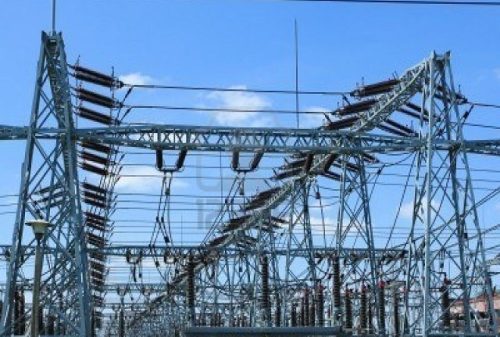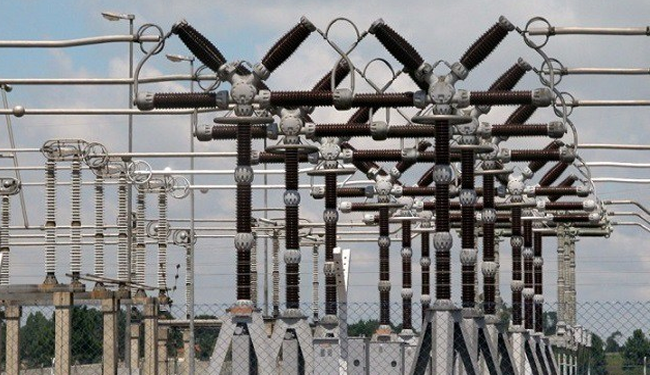Seplat Energy to expand into power sector with focus on off-grid communities
Seplat Energy’s Chief Executive Officer, Roger Brown, has revealed plans for the company to enter the power sector as part of a long-term strategy to improve electricity access, especially in rural and off-grid areas. Brown shared these details in a statement made available on Thursday, highlighting Seplat’s vision to develop modular gas-to-power solutions that can bring electricity closer to underserved communities.
Brown explained, “At some point, when the time is right, we will take further steps into the electricity space. The company’s long-term roadmap includes expanding modular solutions that can bring power closer to off-grid communities. We’re exploring modular gas-to-power systems that can be deployed in rural areas. These will play a key role in solving last-mile electricity access problems.”
Seplat Energy, which recently acquired assets from Mobil Producing Nigeria Unlimited, is already transforming Nigeria’s energy landscape and setting new benchmarks for indigenous African operators. The acquisition doubled Seplat’s reserves and broadened its presence across 11 oil and gas blocks, with the company operating eight of them directly. These include seven onshore blocks and four shallow-water offshore blocks.
Brown noted, “With this acquisition, we formed Seplat Energy Producing Nigeria Unlimited and now manage operations connected to three terminals — one offshore and two onshore. This gives us a fully integrated value chain — from the wellhead all the way to export via vessel — with Seplat in full control of operations.” He added that production increased from around 50,000 barrels per day to over 120,000 barrels per day and that the company now employs about 1,500 professionals, most of whom are Nigerians.
The CEO highlighted the enormous gas resources in Seplat’s offshore blocks, estimating that actual gas volumes are three times larger than currently reported proven reserves. This gas resource is crucial for Nigeria’s future, as it will support domestic power generation, industrial sectors like fertiliser and petrochemicals, and LNG initiatives, including Nigerian LNG and new floating LNG projects.
Brown emphasized that Nigeria’s energy future must go beyond exporting oil and gas. Instead, the focus should be on building domestic capacity to drive job creation, industrialisation, and economic resilience. “Affordable, reliable energy is essential for economic development, job creation, manufacturing, education, and healthcare. Gas is the answer for Nigeria’s base load of electricity. It’s available 24/7, 365 days a year,” he said.
While Seplat has ambitions in renewables and electricity generation, Brown clarified that the company’s immediate opportunities lie in upstream oil and gas and midstream gas processing, which remain critical to meeting Nigeria’s energy demands.
Seplat’s strategic move into the power sector signals a significant step toward addressing Nigeria’s energy challenges by expanding access and supporting sustainable economic growth.
















